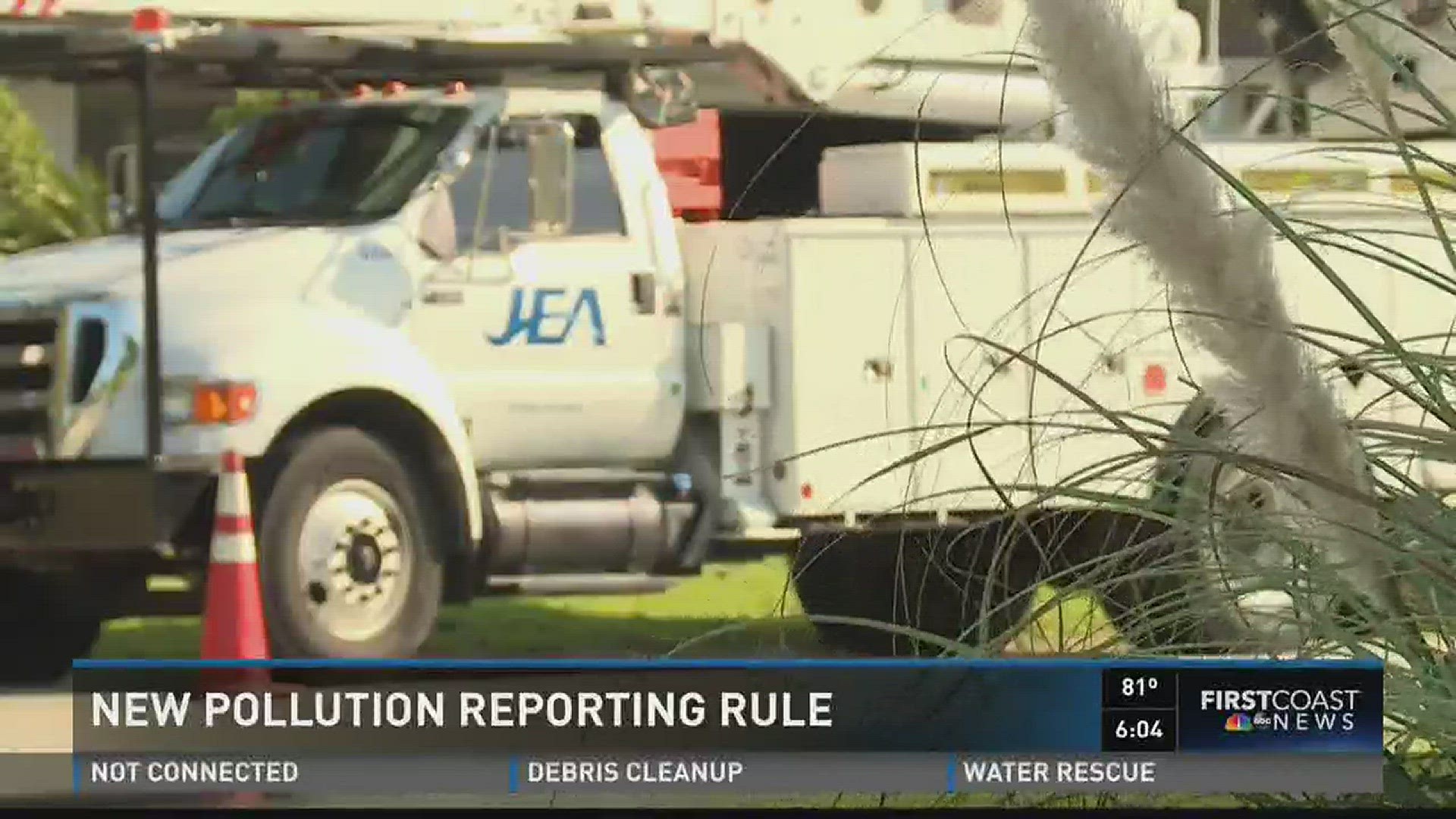JACKSONVILLE, Fla.—Calling it "a Pandora's box" and "a PR nightmare," a group of environmental consultants, current and former regulators and lawyers discussed the impact of Florida’s new pollution reporting rule.
The emergency rule was enacted by Gov. Rick Scott last month following the disaster at the Mosaic phosphate mine in Central Florida, in which more than 200 million gallons of mildly radioactive wastewater poured into the Floridan Aquifer.
The incident sparked outrage, not just for potentially sullying the state’s drinking water supply, but because it wasn’t publicly disclosed for almost three weeks.
The new rule requires immediate disclosure to the public and the media of any pollution incident, no matter what type or size.
Monday, the rule was the focus of a panel discussion at the annual Southeast Brownfields Conference, in downtown Jacksonville. Some called the rule a knee-jerk response by the governor, and worried unforeseen consequences of its implementation will hurt business development in the state. Since the focus of Brownfield redevelopment is repurposing polluted property, some also expressed fear the disclosure rules would virtually shut down that real estate market.
The discussion contained far more questions than answers, however. Some panelists questioned if state statue even allowed the governor to issue the emergency rule, particularly the requirement to notify media. But until a final rule is crafted, the emergency version is being interpreted broadly. Since it was enacted 3 weeks ago, some 260 reports have been filed - ranging from a spill of a quart of power steering fluid to a 5-million-gallon sewage spill by JEA.
Jorge Caspary, a former wastewater regulator with DEP, currently a consultant with WSource, says the rule requires disclosures of incidents that may ultimately pose no threat, but can cause public alarm and damage reputations.
“There concerns are of the potential notification to the press, and how social media would react to that event. It could go very well – ‘congratulations to the releaser, thank you for notifying.’ Or it could go very bad. And I think the concern is: what if it goes bad?”
The rule is being discussed at series of workshops around the state.
The final workshop comes to Jacksonville on Oct. 26, 9 a.m., at the Department of Environmental Protection’s Northeast District Office, 8800 Baymeadows Way West, Suite 100, Conference Room 1A, Jacksonville, FL 32256.

